Spotlights
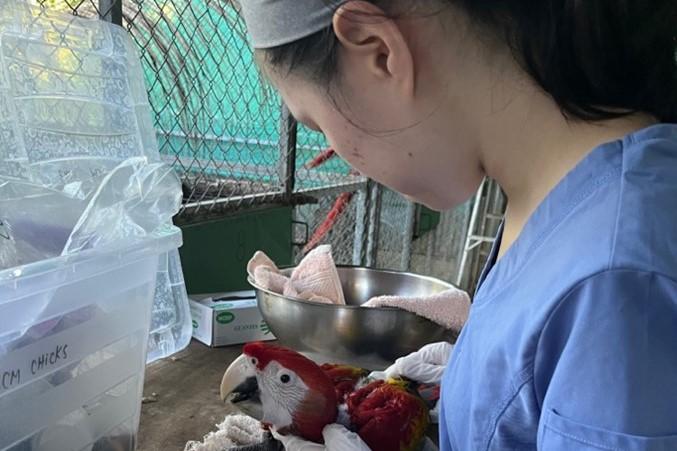
Blog
June 26, 2023
Anyone who knows me will know that I am an avid bird lover. From backyard chickens to falconry raptors, I love them all. But one group of birds holds a special place in my heart: the psittacines, more commonly known as the parrot family....
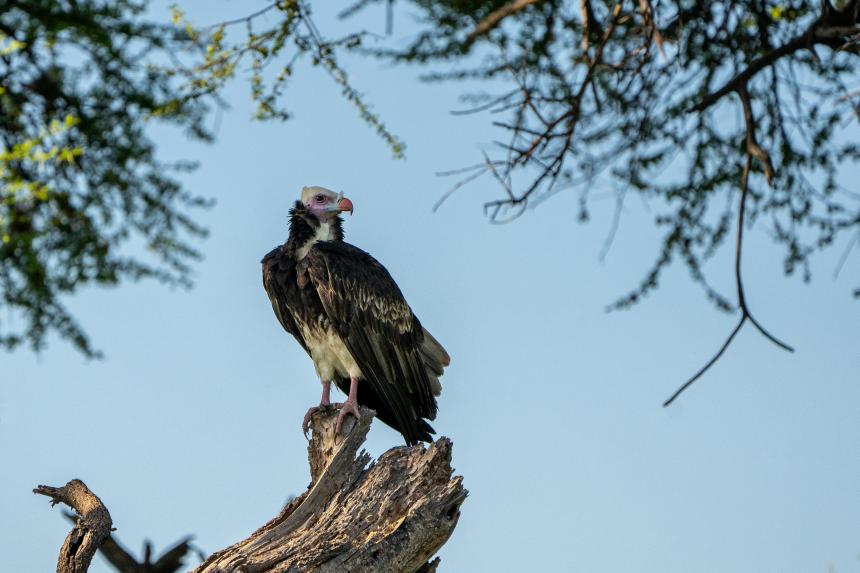
Blog
June 23, 2023
With the help of Dr. Martin Gilbert, Cornell veterinary student Christel-Remy Kuck, DVM '24, lends a hand to struggling vulture populations at VulPro, South Africa through Cornell University College of Veterinary Medicine's Expanding Horizons International Education Program.
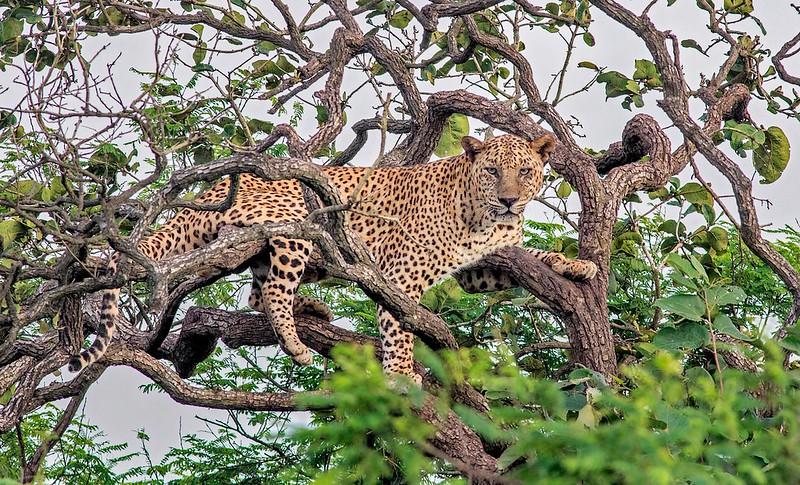
Blog
June 22, 2023
Welcome to the Living with Leopards Project student intern blog. Join us as we explore the implications of human-leopard conflict in the Himalayan foothills, reporting from Chitwan National Park, Nepal.
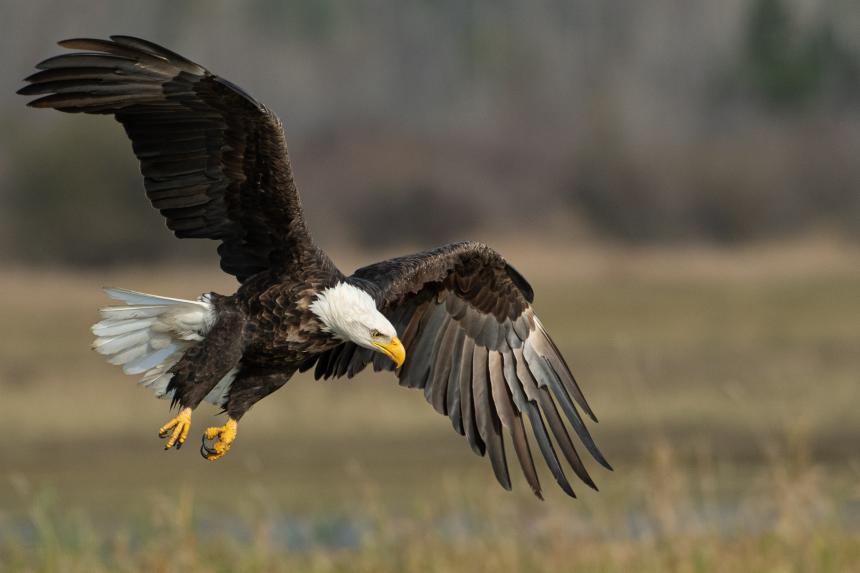
For Your Information
June 13, 2023
While the recent population recovery of bald eagles in New York State is a conservation success, evidence from necropsies suggest that ingested lead from ammunition fragments is causing morbidity and mortality to wild eagles.

For Your Information
June 05, 2023
In this new paper led by Cornell, researchers conclude that a global taboo is needed whereby humanity agrees to leave bats alone, let them have the habitats they need, and live undisturbed by humans to reduce the risk of another pandemic.
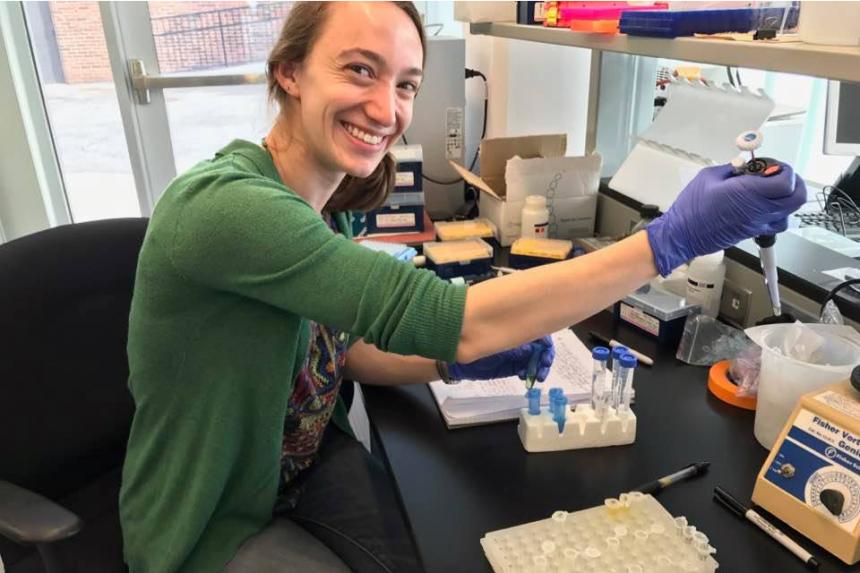
News
June 05, 2023
Dr. Alyssa Kaganer began working with wildlife as an undergraduate student at Cornell University in 2012. She recalls “stumbling” into research at the Cornell Wildlife Health Lab, where she was mentored by Drs. Krysten Schuler and Elizabeth Bunting.

News
April 26, 2023
As the son of two veterinarians, Nate LaHue, DVM ’13, was exposed to veterinary medicine his whole life, though his interests never meshed with small animal practice. It was during his undergraduate years that he realized he could combine his interest in veterinary medicine with his passion for wildlife.

For Your Information
April 21, 2023
The contraction of the global tiger population over the last 100 years into small, often isolated subpopulations has made them increasingly vulnerable to the impact of disease. Despite this, the health of wild tigers continues to be insufficiently funded and explored.

News
March 20, 2023
Danielle Sosnicki is a Biomedical & Biological Sciences PhD Candidate in the Travis Lab at the Cornell University College of Veterinary Medicine. She is studying mechanisms that are involved in the maturation and function of sperm, with a concentration in Zoology and Wildlife Conservation.

For Your Information
March 14, 2023
Canine distemper virus is a global multi-host pathogen that can be fatal in a range of species. This latest study shows that the presence of free-roaming dogs around protected areas in Nepal could represent a source of infectious disease for transmission to local wildlife, including endangered tigers.
